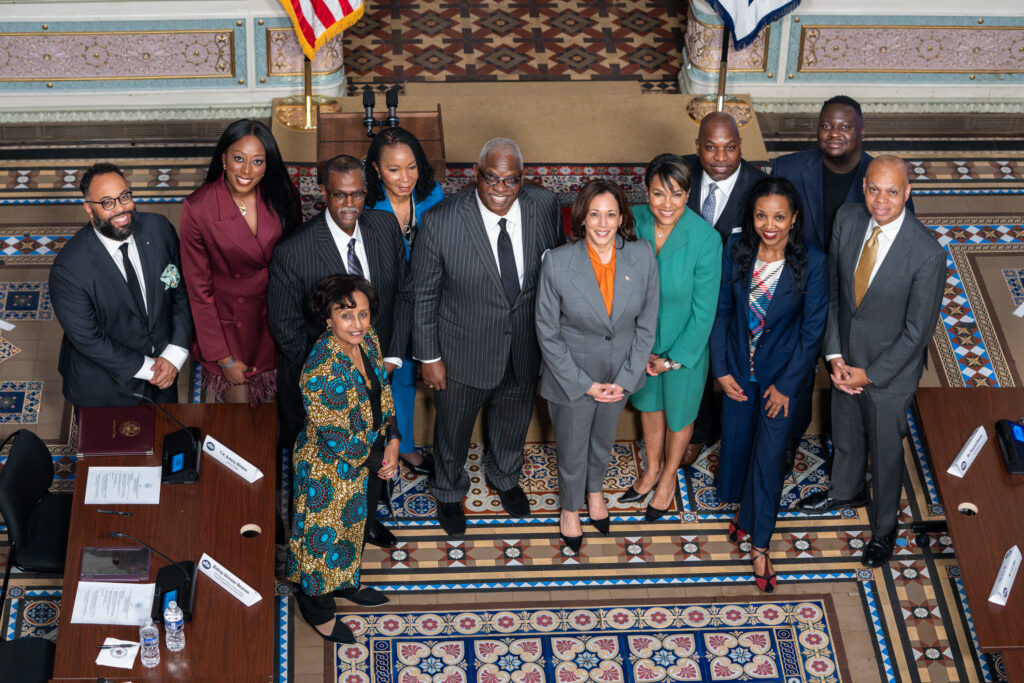The capital of Uganda was briefly all over social media in 2020 when US presidential candidate Joe Biden first announced his running mate. Four years on, autocorrect has long learned to stop replacing Kamala with Kampala.
The hope that the new presumptive Democratic nominee for president will get Africa trending again, however, is palpable across the continent and the diaspora.
“I’m seeing overwhelmingly a boost of energy, excitement,” says Semhar Araia, the Eritrean-American CEO of The Diaspora Academy, a leadership institute in Washington, DC. “It’s like a light bulb has gone on for everybody that we need to mobilise.”
With Biden’s decision over the weekend to drop out of the 2024 election and pass the baton to Kamala Harris, the vice president suddenly finds herself scrutinised for any hint of how she might approach Africa policy.
Coming on the heels of one president, Donald Trump, who dismissed Africa as so many “shithole countries” and another who changed the rhetoric but failed to visit the continent once, the nation’s first Black female vice president is a beacon of hope for closer ties.
Harris’ commitment to the continent, however, remains an open question.
Family ties and the diaspora
A US-born daughter of immigrants from India and Jamaica, the 59-year-old Harris has an undeniable connection to the diaspora.


